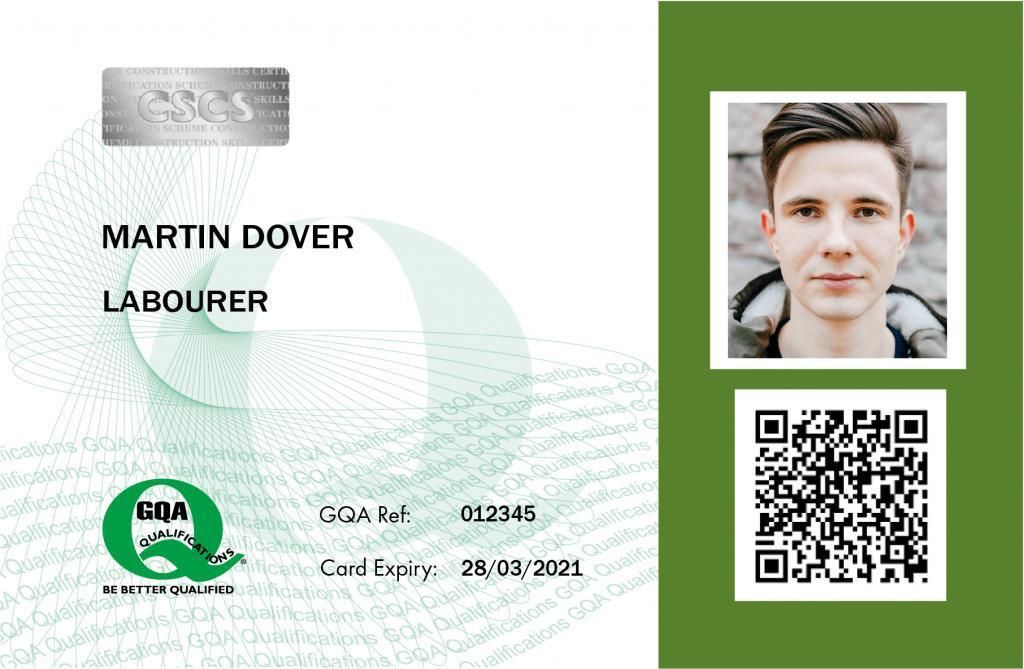
High Performance Leadership
Course ID: 2508180101288EGI
Course Dates : 18/08/25 Course Duration : 5 Studying Day/s Course Location: London, UK
Language: Bilingual
Course Category: Professional and CPD Training Programs
Course Subcategories: Leadership and Management Excellence
Course Certified By: * Projacs Academy
* Professional Training and CPD Programs
Certification Will Be Issued From :
KSA
Course Fees: £4,838.34
Vat Not Included in the price. VAT may vary depending on the country where the course or workshop is held.
Click to Pay
Date has passed please contact us Sales@e-s-hub.com
Course Information
Introduction
Leadership is not merely about guiding teams; it is about inspiring individuals to achieve extraordinary results while fostering an environment of trust, innovation, and resilience. In today’s rapidly evolving professional landscape, organizations are increasingly recognizing the need for leaders who can navigate complexity, drive performance, and sustain competitive advantage. High-performance leadership transcends traditional management paradigms by emphasizing emotional intelligence, strategic thinking, and adaptability. This course delves into these critical dimensions, equipping participants with the tools to excel in leadership roles across industries.
One of the most pressing challenges in modern workplaces is the gap between theoretical leadership frameworks and their practical application. Many professionals find themselves equipped with foundational knowledge but struggle to translate this into tangible outcomes. For instance, a leader may understand the importance of delegation but lack the skills to delegate effectively under pressure. This course addresses such gaps by integrating established theories—such as Daniel Goleman’s Emotional Intelligence model and John Kotter’s Change Management framework—with real-world case studies. Participants will explore how companies like Google and Tesla have cultivated high-performance cultures through visionary leadership.
The benefits of mastering high-performance leadership extend beyond individual growth. Organizations led by adept leaders report higher employee engagement, reduced turnover, and improved financial performance. A study by Gallup revealed that teams led by highly engaged managers experience a 21% increase in profitability. By honing skills such as conflict resolution, decision-making, and team motivation, participants will be better positioned to contribute to their organization’s success. Moreover, they will gain insights into fostering diversity and inclusion, which are increasingly recognized as drivers of innovation and market competitiveness.
Consider the example of Satya Nadella, CEO of Microsoft, whose transformational leadership style revitalized the company’s culture and propelled its resurgence in the tech industry. His emphasis on empathy and collaboration underscores the importance of human-centric leadership in achieving high performance. Through interactive discussions and role-playing exercises, this course will enable participants to emulate such leadership qualities while tailoring them to their unique contexts. The curriculum also incorporates lessons from neuroscience, highlighting how understanding brain function can enhance communication and influence.
Another key focus of the course is addressing the dynamic nature of leadership challenges. From managing remote teams during global crises to navigating digital transformations, leaders must continuously adapt their strategies. By examining industry trends such as the rise of artificial intelligence and the gig economy, participants will learn to anticipate disruptions and leverage them as opportunities for growth. The course will also emphasize ethical leadership, ensuring that participants prioritize integrity and accountability in their decision-making processes.
Ultimately, high-performance leadership is about creating a legacy of excellence. Whether you are a seasoned executive or an emerging leader, this course offers a transformative journey toward unlocking your full potential. By blending theory, practice, and reflection, participants will emerge with a robust toolkit for leading with purpose and impact. The program’s interdisciplinary approach ensures relevance across sectors, making it an invaluable asset for anyone committed to elevating their leadership capabilities.
Objectives
By attending this course, participants will be able to:
Analyze the core principles of high-performance leadership and their alignment with organizational goals.
Evaluate personal leadership styles using frameworks such as Goleman’s Emotional Intelligence model and situational leadership theory.
Design strategies to foster a culture of innovation, collaboration, and accountability within teams.
Implement techniques for effective communication, conflict resolution, and stakeholder engagement.
Apply change management methodologies to navigate organizational transitions successfully.
Assess the impact of ethical leadership on long-term organizational sustainability.
Synthesize insights from neuroscience and behavioral psychology to enhance decision-making and influence.
Who Should Attend?
This course is ideal for:
Mid-level managers seeking to transition into senior leadership roles.
Team leaders and project managers aiming to improve team performance and cohesion.
HR professionals tasked with developing leadership pipelines within their organizations.
Consultants and coaches specializing in leadership development and organizational change.
Training Method
• Pre-assessment
• Live group instruction
• Use of real-world examples, case studies and exercises
• Interactive participation and discussion
• Power point presentation, LCD and flip chart
• Group activities and tests
• Each participant receives a 7” Tablet containing a copy of the presentation, slides and handouts
• Post-assessment
Program Support
This program is supported by:
* Interactive discussions
* Role-play
* Case studies and highlight the techniques available to the participants.
Daily Agenda
The course agenda will be as follows:
• Technical Session 08.30-10.00 am
• Coffee Break 10.00-10.15 am
• Technical Session 10.15-12.15 noon
• Coffee Break 12.15-12.45 pm
• Technical Session 12.45-02.30 pm
• Course Ends 02.30 pm
Course Outlines
Foundations of High-Performance Leadership
Understanding the evolution of leadership theories.
Identifying key traits of high-performing leaders.
Exploring the role of emotional intelligence in leadership.
Case study: Lessons from transformative leaders (e.g., Satya Nadella).
Day 2:
Building High-Performance Teams
Principles of team dynamics and group behavior.
Techniques for fostering collaboration and trust.
Strategies for managing diverse and remote teams.
Role-playing exercise: Resolving team conflicts.
Day 3:
Communication and Influence
Mastering verbal and non-verbal communication skills.
Leveraging storytelling to inspire action.
Navigating difficult conversations with empathy.
Workshop: Crafting persuasive messages for stakeholders.
Day 4:
Leading Through Change
Introduction to Kotter’s 8-Step Change Model.
Managing resistance to change effectively.
Aligning change initiatives with organizational vision.
Group activity: Developing a change management plan.
Day 5:
Ethical Leadership and Legacy Building
The importance of ethics in decision-making.
Balancing short-term pressures with long-term sustainability.
Creating a personal leadership philosophy.
Reflection session: Mapping your leadership journey.



















































